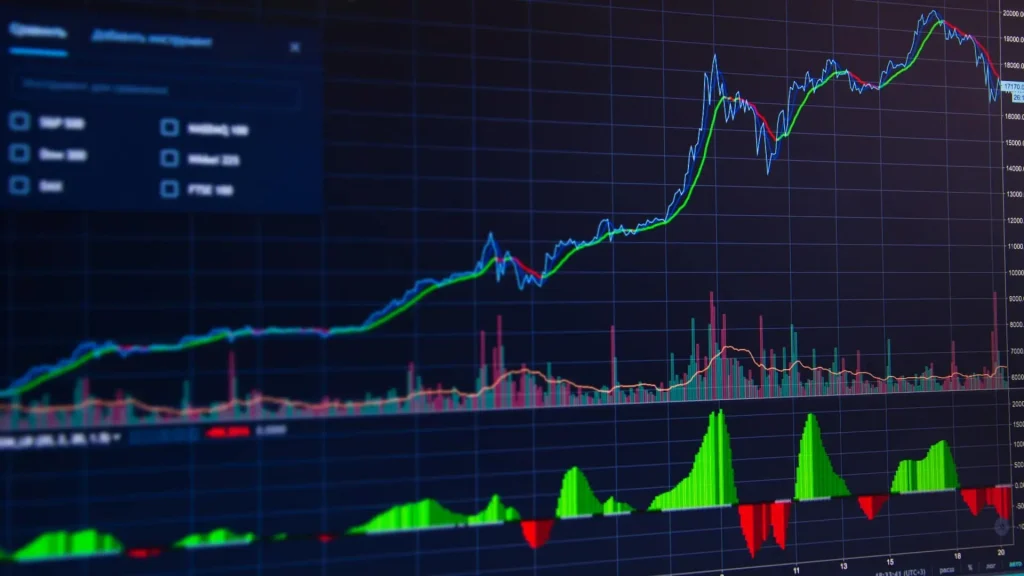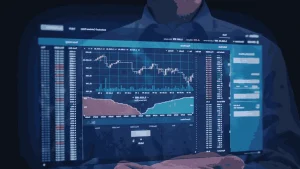The South African Perspective on Trading Tools
The South African forex market presents unique challenges and opportunities, with traders constantly debating the necessity of technical indicators. The phrase “fx indicators unnecessary” resonates differently in this market, where local economic factors significantly influence trading decisions.
Core Trading Considerations
Essential Market Elements
- South African trading hours overlap
- Local market volatility patterns
- Regional economic influences
- Cross-border transaction impacts

Market Analysis Framework
| Analysis Type | Local Application | Global Integration |
| Technical | ZAR pair specifics | Major currency correlation |
| Fundamental | SA economic data | International impact |
| Sentiment | Regional factors | Global market mood |
Regional Trading Dynamics
Local traders must consider:
- JSE trading hours
- African market correlations
- Resource market impacts
- International market alignments
Trading Tool Integration
Tool Category | Application | Regional Relevance |
Price Action | Primary analysis | High importance |
Indicators | Support tools | Selective use |
Economic Calendar | Timing tool | Critical for ZAR |
Risk Management | Local context | Essential |
The “fx indicators unnecessary” discussion takes on special significance when considering South Africa’s emerging market status and currency volatility.
Advanced Trading Methodology
- Strategic Considerations
- Currency pair selection
- Time frame optimization
- Local market knowledge
- Risk exposure management
South African Market Specifics
Understanding local market conditions is crucial:
- High-impact economic events
- Political influence on currency
- Commodity price correlations
- Regional market relationships
| Analysis Level | Tools Used | Implementation |
| Primary | Price action | Direct market reading |
| Secondary | Key indicators | Confirmation signals |
| Tertiary | Pattern analysis | Trend validation |
| Risk Management | Volatility tools | Position sizing |
Local Market Intelligence
- Critical Factors
- South African economic calendar
- Reserve Bank policies
- Local market sentiment
- Regional trade flows

Strategy Development Process
Effective trading in South Africa requires:- Market condition assessment
- Tool selection based on local needs
- Strategy testing in local conditions
- Performance monitoring
- Regular strategy adjustment
| Risk Factor | Management Approach | Local Consideration |
| Currency Risk | Hedging strategies | ZAR volatility |
| Market Risk | Position sizing | Local market hours |
| Liquidity Risk | Pair selection | Trading volume |
| Systemic Risk | Diversification | Regional exposure |
Conclusion
Success in South African forex trading depends on understanding local market dynamics rather than solely relying on indicators. While technical tools can provide valuable insights, their application must be adapted to local market conditions and trading requirements.FAQ Section
How do South African traders adapt to local market conditions?
By combining technical analysis with strong awareness of local economic and political factors affecting the ZAR.
What indicators work best in the South African market?
Volatility-based indicators and trend-following tools adapted to ZAR pairs’ specific characteristics.
How important is the economic calendar for local traders?
Critical, as South African economic releases significantly impact ZAR pairs and regional trading.
Can South African traders rely solely on technical indicators?
No, successful trading requires balancing technical analysis with local market knowledge and fundamental factors.
What role does risk management play in South African forex trading?
Essential, particularly given the ZAR’s higher volatility and emerging market characteristics.













